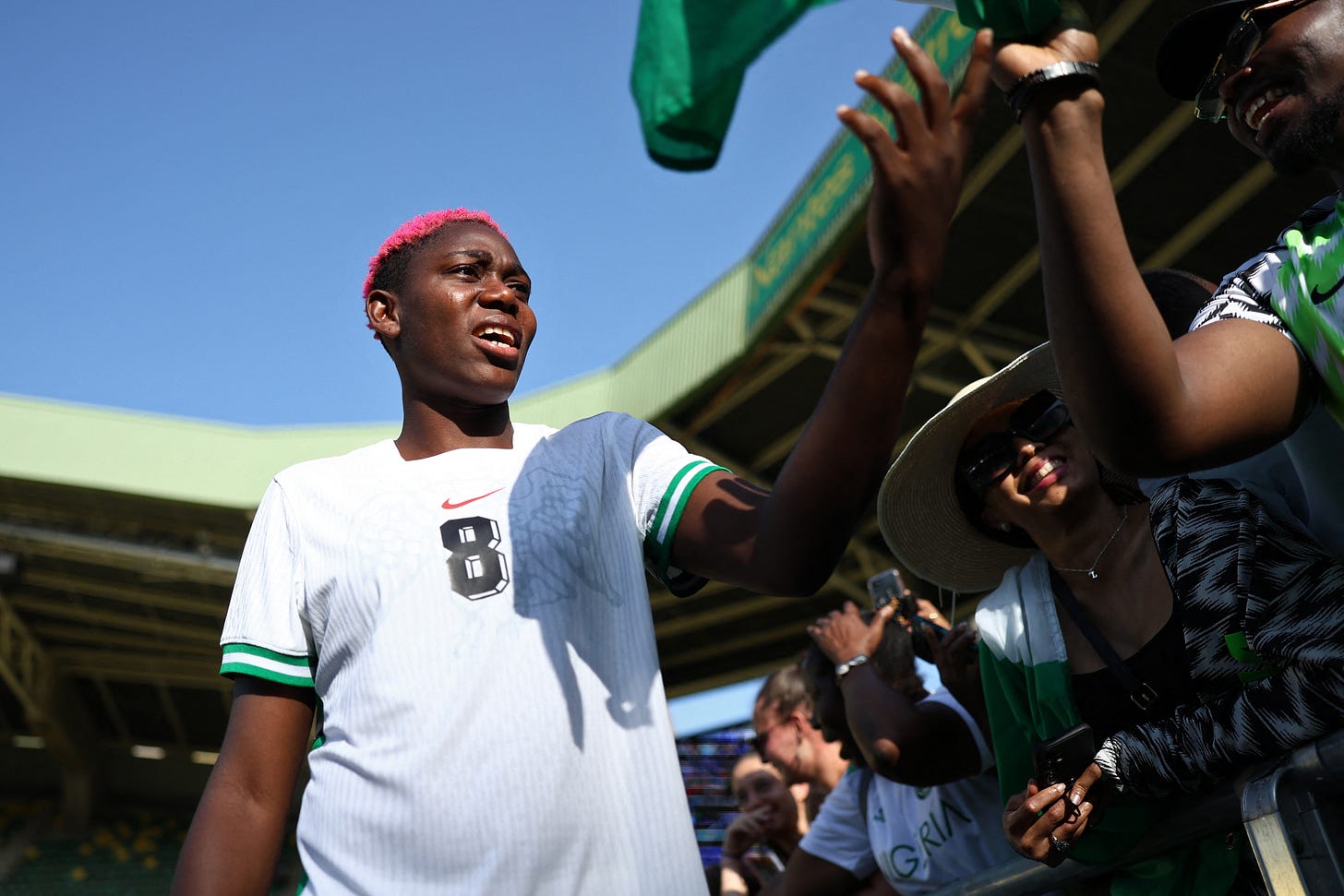WAFCON: Bitter rivals South Africa and Nigeria prepare for intense semi-final clash
Two sporting powerhouses meet in box-office fixture in Morocco
Africa is filled with rivalries - tribal and regional - but none as charged as the one between the continent’s economic power houses.
Nigeria, nine-time WAFCON champions and three-time AFCON winners, are giants of African football. But on the continent, where they’ve dominated for so long, South Africa are starting to become a prope…





